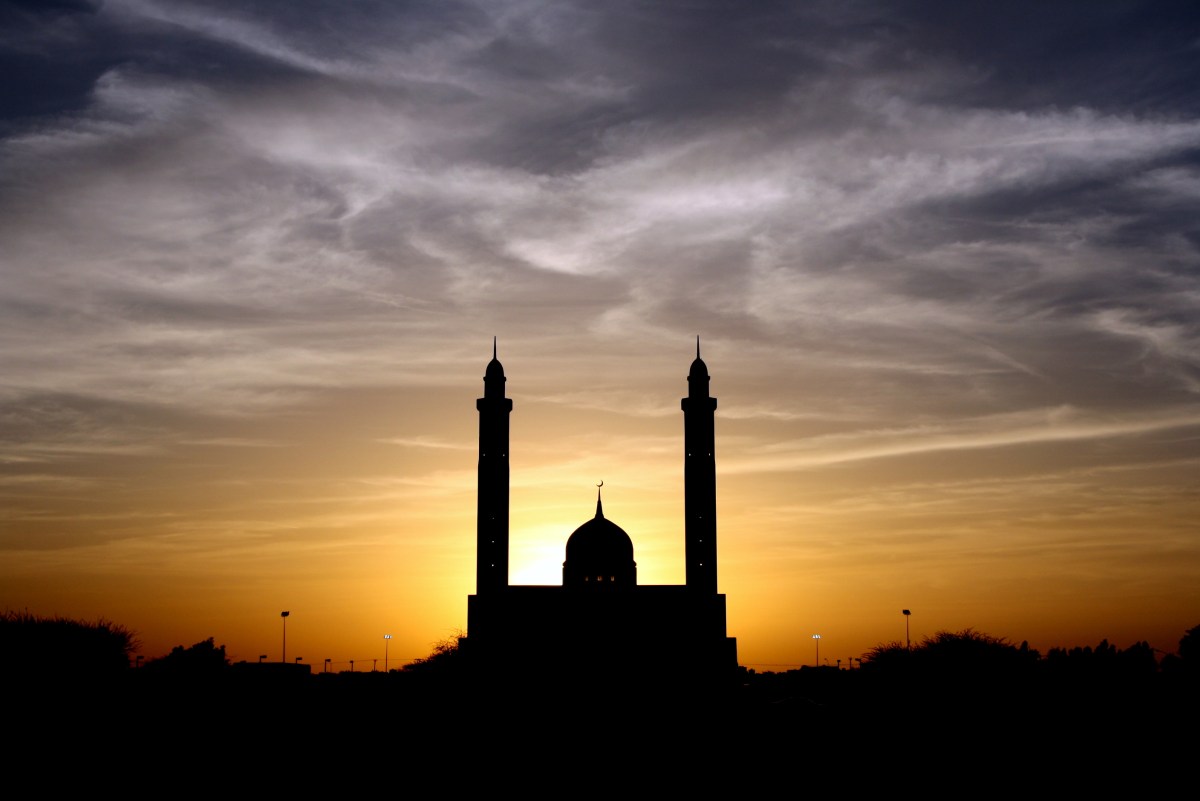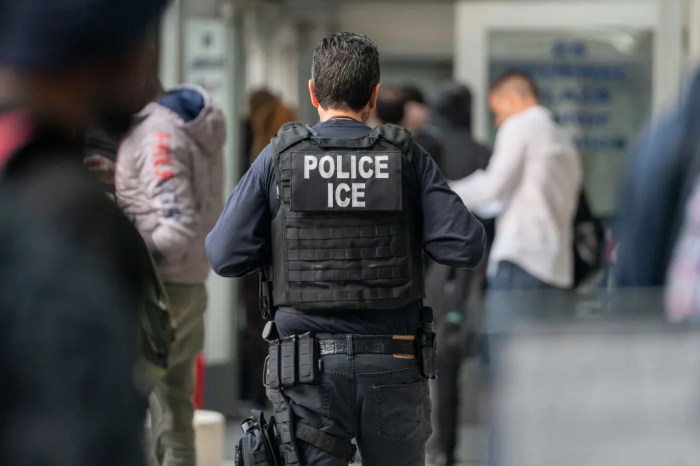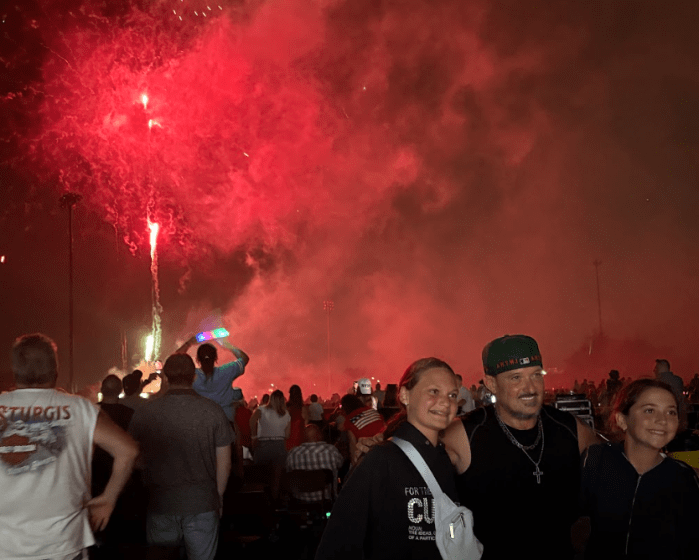A majority of Muslim Americans feel unsafe in the United States due to a divisive presidential election that, they report, has negatively impacted their lives, according to the preliminary results of a recent study conducted by Adelphi Unversity.
Researchers assessed the impact of Islamophobia on the Muslim American community during the corrosive campaign for the White House. The results, although troubling, were not surprising, say watchdogs, given the rancorous rhetoric demonizing Muslim Americans, their role in society, and how their culture clashes with purported mainstream American values.
Though the study is still incomplete, preliminary results were shared with the Long Island Press prior to its future publication in an academic journal. More than 600 Muslim Americans—43 percent who were US-born—have participated in the analysis since July. The final tally should reach around 900 participants, researchers say.
The early findings come two months before voters hit the polls for a presidential election featuring a Republican candidate who has proposed banning all foreign Muslims from entering the United States as well as eavesdropping on American mosques. The implication being that Muslims are dangerous and that mass surveillance must be implemented in order to protect the country from them. Since the Sept. 11, 2001 attacks, Muslims have argued that violence is abhorrent and anathema to their religion, and those who commit acts of violence in Islam’s name do not represent the beliefs of 1.6 billion followers worldwide.
Among the more disturbing of the study’s discoveries: 50 percent of respondents said they feel unsafe; nearly two-thirds reported experiencing discrimination in the past year; and perhaps most noteworthy, 93 percent reported that election-year Islamophobia had “some to extreme” negative impact on theirs and their families’ lives.
Dr. Wahiba Abu-Ras, an associate professor of social work at Adelphi University in Garden City, conducted the study with Zulema Suarez, her colleague from Cappella University in Minneapolis, Minn. Aside from analyzing the real-life implications of anti-Muslim sentiment in the United States, Abu-Ras said that she hopes the completed study can be used to educate policymakers to make more informed decisions when addressing the needs of the Muslim American community.
“Watching my kids listening to the news, asking them how they feel about it, has really driven me to address the Islamophobia and how this may impact [Muslims] in this country,” Abu-Ras told the Press.
Researchers focused on Islamophobia’s impact on communities rather than the scale of anti-Muslim rhetoric in the United States today.
A separate study conducted jointly by the Council on American-Islamic Relations (CAIR) and U.C. Berkeley Center for Race and Gender released earlier this year found that the number of mosque attacks in the United States quadrupled between 2014 and 2015. The same survey found that at least 74 groups specialize in promoting anti-Islam sentiment—nearly half of which collectively made $205 million in revenue.
The Adelphi study was more personal. It found:
- Nearly all respondents reported that Islamophobia had some to severe impact on the Muslim Community;
- 17 percent reported feeling “extremely to very safe” being a Muslim in the US, 36 percent said they feel extremely unsafe and 47 percent feel somewhat safe;
- 62 percent said they feel the need to prove they are Americans;
- 56 percent said they experienced their loyalty being questioned;
- 89 percent said they feel that their lives have less value.
The majority of participants (60 percent) also shared that their experience with Islamophobia within the last month of their responding to the survey was “much worse” than the previous year.
Abu-Ras said she was not surprised by the preliminary findings, particularly from the respondents who reported experiencing negativity associated with the general election.
“During 9/11, I believed people were discriminating against Muslims, and Islamophobia was still there, but [Islamophobia] was not as obvious as now,” Abu-Ras said.
Anti-Islam rhetoric, she said, is no longer playing out behind closed doors.
“It’s explicit, not implicit anymore,” she said.
Corey Saylor, director of the Department to Monitor and Combat Islamophobia at CAIR, was similarly unsurprised when told of the study’s preliminary findings.
Saylor has been tracking anti-Islam sentiment for years. But starting in 2014 and continuing in 2015, he observed an uptick in a “rise in hostility” toward Muslims. The antagonistic behavior, he explained, peaked in November and December of last year, which coincided with the slayings in San Bernardino, Calif., and Donald Trump’s subsequent proposal to ban all non-US Muslims from entering the country. In all of 2015 there had been 78 reported attacks on US mosques, but 33 such incidents occurred within that two-month span, according to a report released by CAIR in June.
“At this point, enough people know someone who has been objected to, at the very least, verbal abuse because of their faith,” Saylor said, adding that a “sense of insecurity when you go outside of your home is unfortunately more prevalent in the community than it was 10 or 15 years ago.”
Some of the respondents in the Adelphi study reported feeling afraid of even socializing in public out of concern for their safety. Others said they deny their identity in public, while some parents have taken the drastic step of changing their children’s names.
Most troubling of all is how people are coping with the problems facing the community, Abu-Ras noted. By hiding in the shadows, Muslim Americans are avoiding addressing the impact Islamophobia has had on their lives, she said. She hopes that the study will have an impact on policymakers.
“There is a lot of policy that we can change,” Abu-Ras said. “Freedom of speech is not about cursing others; freedom of speech is about respecting others.”
She compared what Muslim Americans are living through to the LGBT community’s experience in the United States.
“I believe hiding in the closet for Muslims, not to show their faith, it really may impact our mental health and psychological well-being,” Abu-Ras said.
Researchers hope to receive responses from several hundred more participants before November, when the nation finally heads to the polls and decides between two presidential candidates whose views on Islam are poles apart.




































